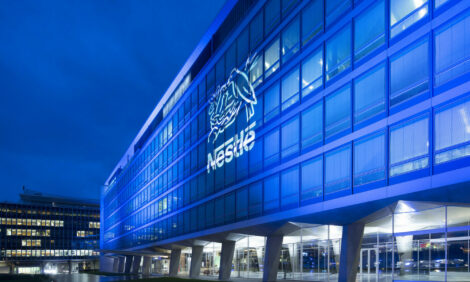



Danish private-public partnership explores health effects of dairy products
Arla Food for Health has selected three new research projects for 2022Under the partnership name Arla Food for Health (AFH), four key players from both industry and academia are exploring potential health effects of dairy and dairy ingredients. Three new research projects have been selected to receive financing for 2022.
The private-public partnership consists of Arla Foods, Arla Foods Ingredients, University of Copenhagen and Aarhus University. The two latter are both internationally recognised for their research within food and health science. The vision of the partnership, which was originally consolidated in 2015, is to Discover Health Effects of Dairy and Dairy Ingredients. To achieve this, new projects are financed every year and thereby supporting the high quality research environment already in place, Arla said in a press release.
“We want to extend current knowledge on health effects of dairy and dairy ingredients to better under-stand their position in a healthy, sustainable diet," said Peter Wejse, interim Director of AFH. "Financing new projects allows us, and the rest of the world, to make informed decisions on who should eat what and when in terms of dairy."
“One mission for our universities is to contribute science based knowledge that support growth and welfare in society," added Associate Dean for Private and Public Sector Services Erik Bisgaard Mad-sen from Faculty of SCIENCE, University of Copenhagen. "The partnership in Arla Food for Health is a vehicle for both generating and transferring research-based knowledge."
“In this way the partnership provides opportunities for incorporating knowledge on health aspects directly into dairy products," he added. "This benefits both consumers and business.”

A core task for the partnership is to each year select the research projects that will receive funding. In 2022, three different projects were granted with financial support in the total amount of 13.5 million Danish kroner.
The projects apply via an open call and then go through a double screening process. First, the external scientific advisory board peer review all submitted research proposals and nominate the most suitable candidates for further review by the steering committee. The steering committee consists of two members from each of the four partners ensuring that the scientific quality and credibility is always put first.
“The universities’ collaboration with companies strengthens the basis for sustainable growth, welfare and development, and it provide exiting challenges for researchers,” said Vice-Dean Kurt Nielsen from Faculty of Technical Sciences at Aarhus University.
However, he emphasizes that clarity about the terms and conditions for research-based collaboration is very important, to ensure the integrity and impartiality of scientific research.
“For that reason, we have developed a partnership agreement in AFH that sets the stage for transparent decisions on project funding," Nielsen concluded. "Among other things this ensures that the researchers are responsible for and have the final say on research methods, conduct of research, and analysis of the results."


